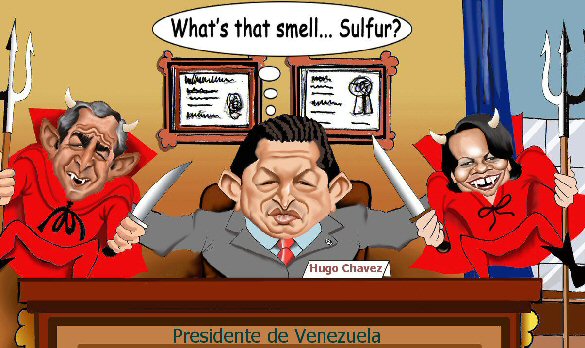Words Excerpted From the NYT Article: “Post Tea Party Nation”
Art Linked From:Â Source

Lesson 1: The danger of closed information systems. Well before the crash of 2008, the U.S. economy was sending ominous warning signals. Median incomes were stagnating. Home prices rose beyond their rental values. Consumer indebtedness was soaring. Instead, conservatives preferred to focus on positive signals — job numbers, for example — to describe the Bush economy as “the greatest story never told.â€
Too often, conservatives dupe themselves. They wrap themselves in closed information systems based upon pretend information. In this closed information system, banks can collapse without injuring the rest of the economy, tax cuts always pay for themselves and Congressional earmarks cause the federal budget deficit. Even the market collapse has not shaken some conservatives out of their closed information system. It enfolded them more closely within it. This is how to understand the Glenn Beck phenomenon. Every day, Beck offers alternative knowledge — an alternative history of the United States and the world, an alternative system of economics, an alternative reality. As corporate profits soar, the closed information system insists that the free-enterprise system is under assault. As prices slump, we are warned of imminent hyperinflation. As black Americans are crushed under Depression-level unemployment, the administration’s policies are condemned by some conservatives as an outburst of Kenyan racial revenge against the white overlord.
Meanwhile, Republican officeholders who want to explain why they acted to prevent the collapse of the U.S. banking system can get no hearing from voters seized with certainty that a bank collapse would have done no harm to ordinary people. Support for TARP has become a career-ender for Republican incumbents, and we shall see what it does to Mitt Romney, the one national Republican figure who still defends TARP.
The same vulnerability to closed information systems exists on the liberal side of U.S. politics as well, of course. But the fact that my neighbor is blind in one eye is no excuse for blinding myself in both.
Read the other lessons here.


